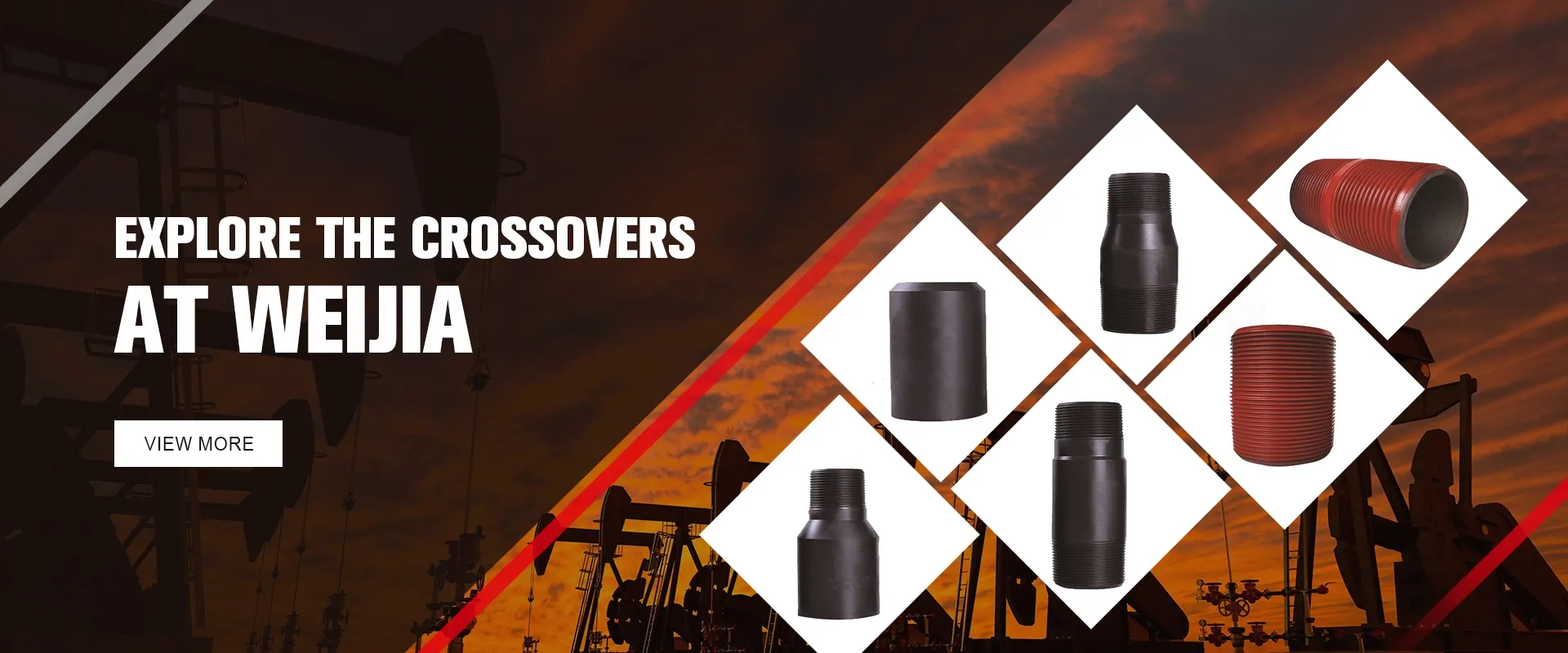- Afrikaans
- Albanian
- Amharic
- Arabic
- Armenian
- Azerbaijani
- Basque
- Belarusian
- Bengali
- Bosnian
- Bulgarian
- Catalan
- Cebuano
- Corsican
- Croatian
- Czech
- Danish
- Dutch
- English
- Esperanto
- Estonian
- Finnish
- French
- Frisian
- Galician
- Georgian
- German
- Greek
- Gujarati
- Haitian Creole
- hausa
- hawaiian
- Hebrew
- Hindi
- Miao
- Hungarian
- Icelandic
- igbo
- Indonesian
- irish
- Italian
- Japanese
- Javanese
- Kannada
- kazakh
- Khmer
- Rwandese
- Korean
- Kurdish
- Kyrgyz
- Lao
- Latin
- Latvian
- Lithuanian
- Luxembourgish
- Macedonian
- Malgashi
- Malay
- Malayalam
- Maltese
- Maori
- Marathi
- Mongolian
- Myanmar
- Nepali
- Norwegian
- Norwegian
- Occitan
- Pashto
- Persian
- Polish
- Portuguese
- Punjabi
- Romanian
- Russian
- Samoan
- Scottish Gaelic
- Serbian
- Sesotho
- Shona
- Sindhi
- Sinhala
- Slovak
- Slovenian
- Somali
- Spanish
- Sundanese
- Swahili
- Swedish
- Tagalog
- Tajik
- Tamil
- Tatar
- Telugu
- Thai
- Turkish
- Turkmen
- Ukrainian
- Urdu
- Uighur
- Uzbek
- Vietnamese
- Welsh
- Bantu
- Yiddish
- Yoruba
- Zulu
well casing coupler
Understanding Well Casing Couplers Key Components in Oil and Gas Operations
In the oil and gas industry, maintaining the integrity of well structures is crucial for operational efficiency and safety. One essential component in this regard is the well casing coupler. These devices play a pivotal role in connecting sections of casing pipe, ensuring the structural integrity and reliability of oil and gas wells.
Well casing is the process of lining the borehole with pipe to support the walls and prevent any collapse
. Casing also serves multiple functions, such as isolating the wellbore from the surrounding formation, protecting groundwater resources, and providing a conduit for extraction. However, there are instances when one segment of casing needs to be joined with another, and this is where well casing couplers come into play.Casing couplers, typically made from high-grade steel or other advanced materials, are designed to withstand significant pressures and loads, as well as resist corrosion from the harsh environments encountered in well operations. These couplers are engineered to meet stringent industry standards, ensuring that they can endure the extremes encountered at great depths, sometimes reaching thousands of feet below the earth's surface.
The installation of well casing couplers is critical. Each coupler must be carefully aligned, and the connection process often involves welding or threading, depending on the type of pipe and coupler design. The integrity of the connection is paramount, as any failure at these joints could lead to leaks, blowouts, or even catastrophic well failures.
well casing coupler

To facilitate connections, couplers are available in various types, including standard couplers, long couplers, and specialty designs tailored for specific applications. While standard couplers are suitable for most typical scenarios, long couplers may be used in situations where additional length is required to achieve a secure connection. Specialty couplers might be employed in challenging environmental conditions or unique well designs.
In addition to their mechanical properties, the choice of casing couplers can also be influenced by economic factors. Utilizing the appropriate coupler with optimal design and materials can significantly impact a project’s overall costs. Advances in technology have led to the development of more efficient coupling systems that not only reduce installation times but also enhance the lifespan of the well.
As the oil and gas industry continues to evolve, the importance of casing couplers remains significant. Ongoing research and development are focused on improving the performance of these components, emphasizing innovations that enhance safety, durability, and cost-effectiveness.
In conclusion, well casing couplers are vital components in the construction and maintenance of oil and gas wells. They ensure the stability and safety of well structures, enabling efficient resource extraction. With the continuous advancements in technology, the future of casing coupler design and functionality promises to deliver even greater reliability and performance in the demanding environment of the oil and gas industry. As exploration and production demands grow, understanding and utilizing reliable casing couplers will be more important than ever.
-
Tubing Pup Joints: Essential Components for Oil and Gas OperationsNewsJul.10,2025
-
Pup Joints: Essential Components for Reliable Drilling OperationsNewsJul.10,2025
-
Pipe Couplings: Connecting Your World EfficientlyNewsJul.10,2025
-
Mastering Oilfield Operations with Quality Tubing and CasingNewsJul.10,2025
-
High-Quality Casing Couplings for Every NeedNewsJul.10,2025
-
Boost Your Drilling Efficiency with Premium Crossover Tools & Seating NipplesNewsJul.10,2025







